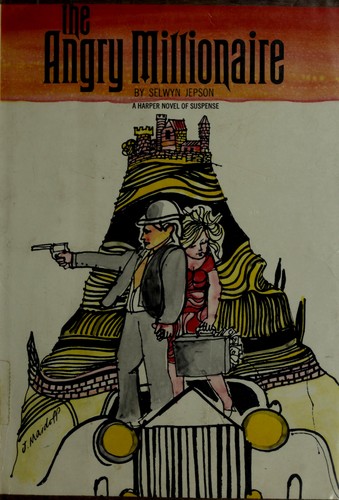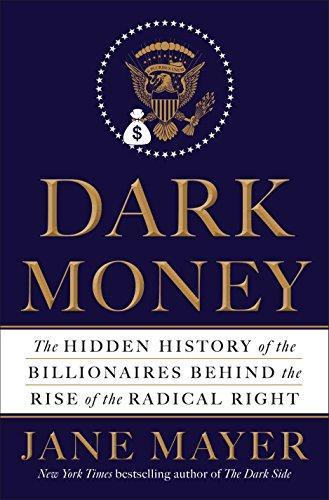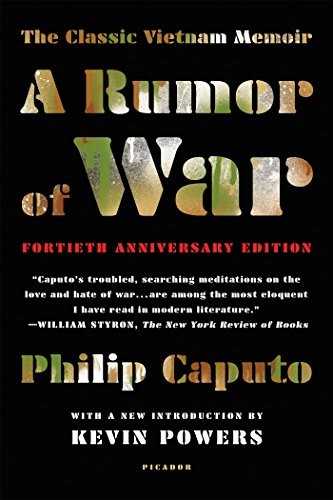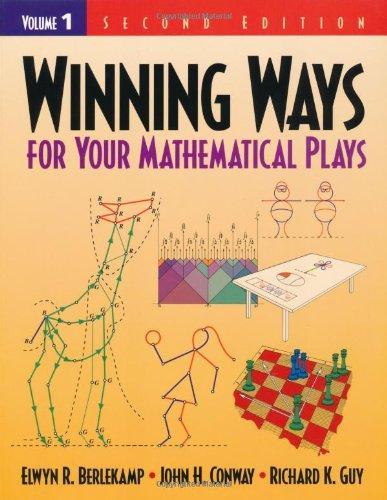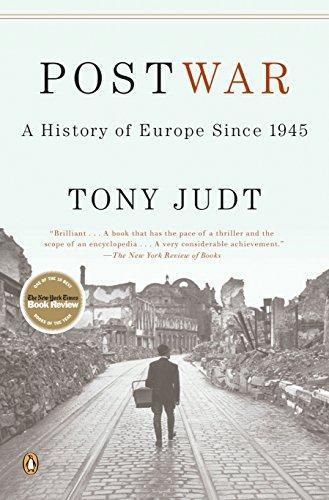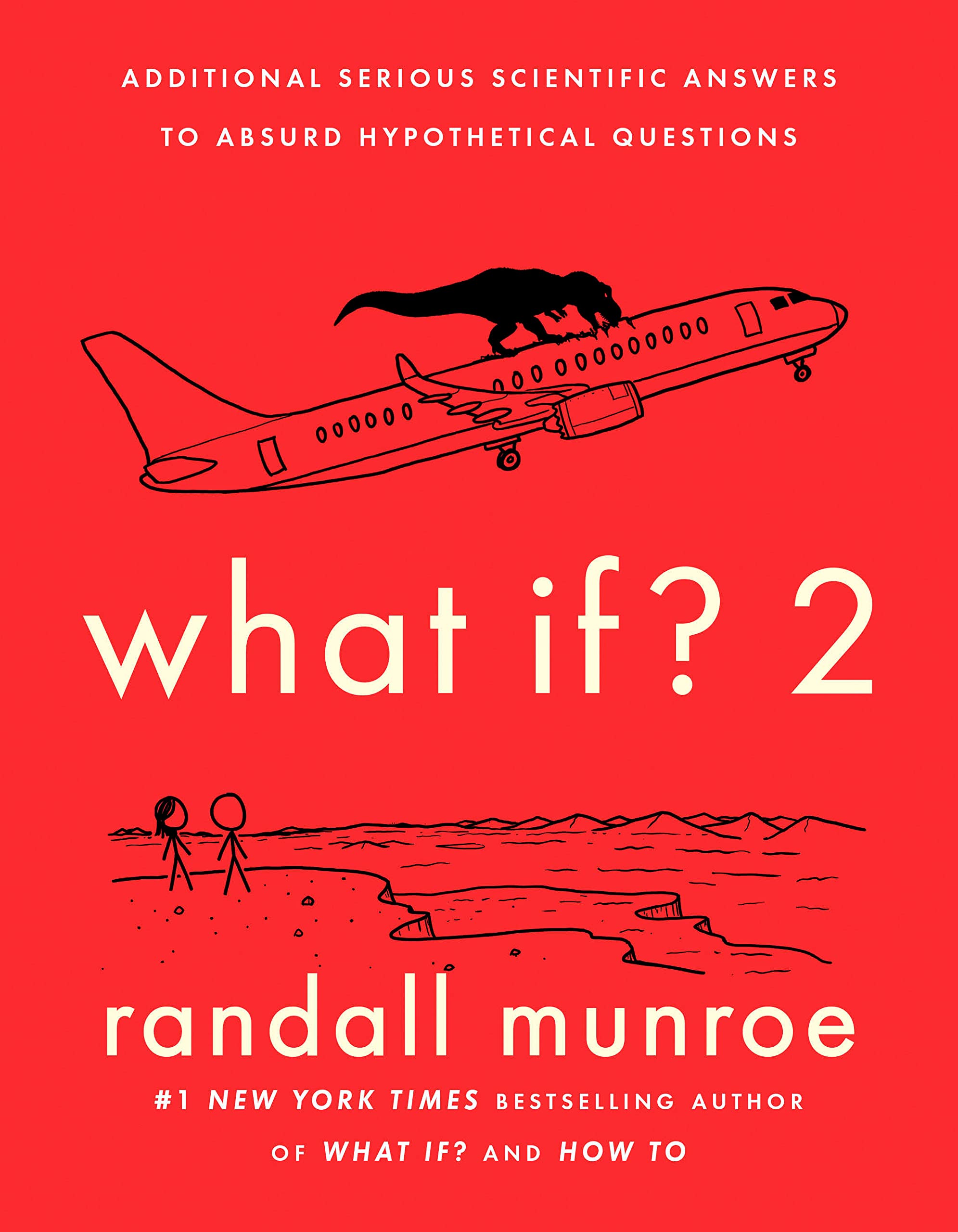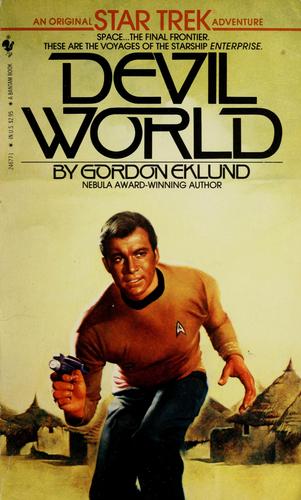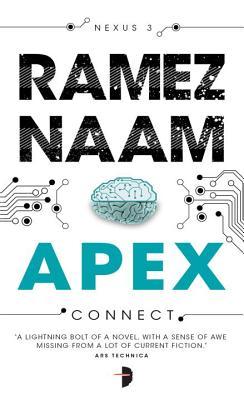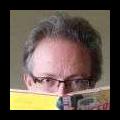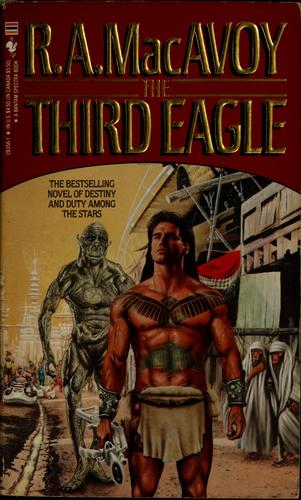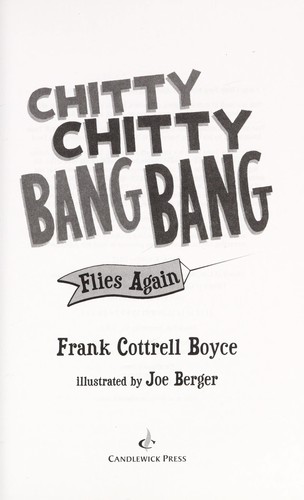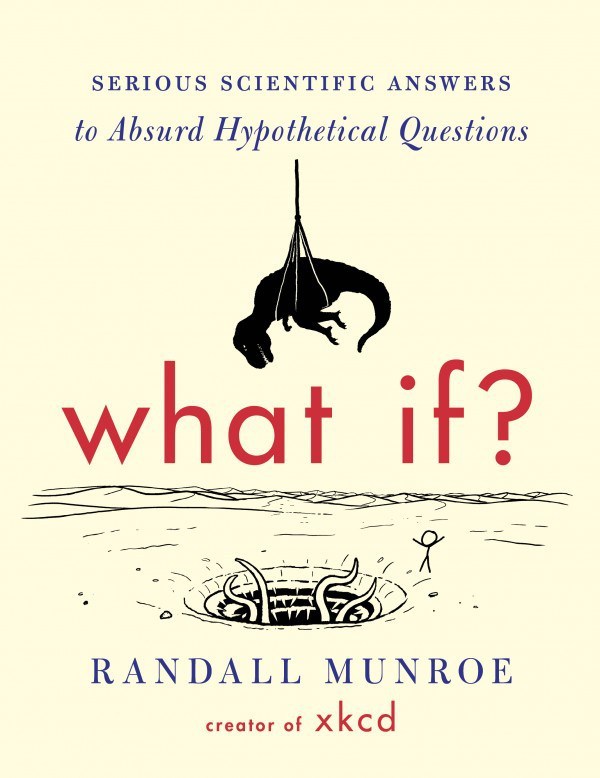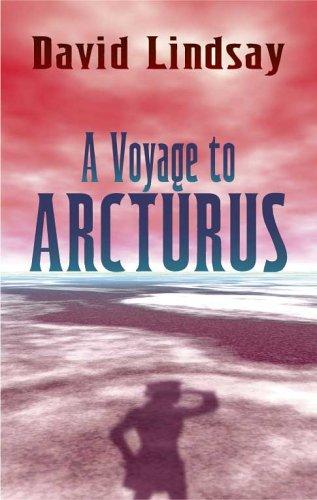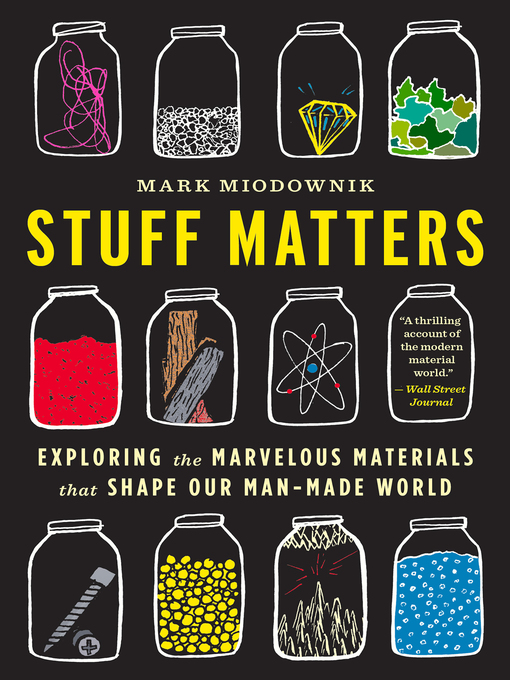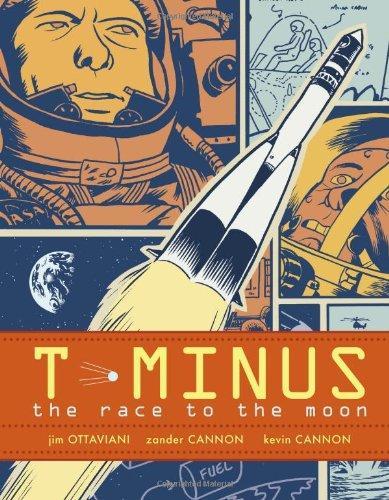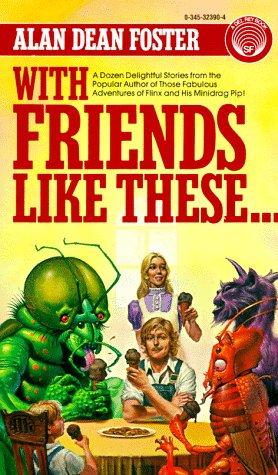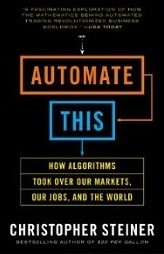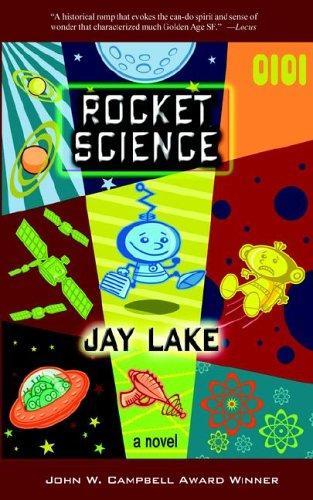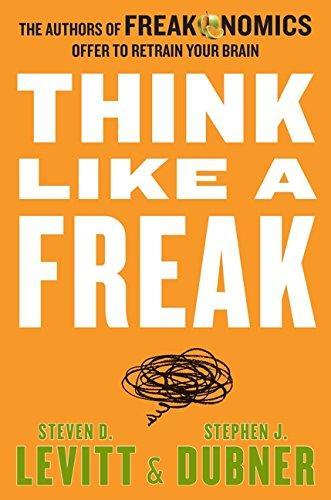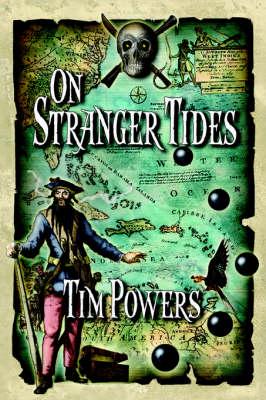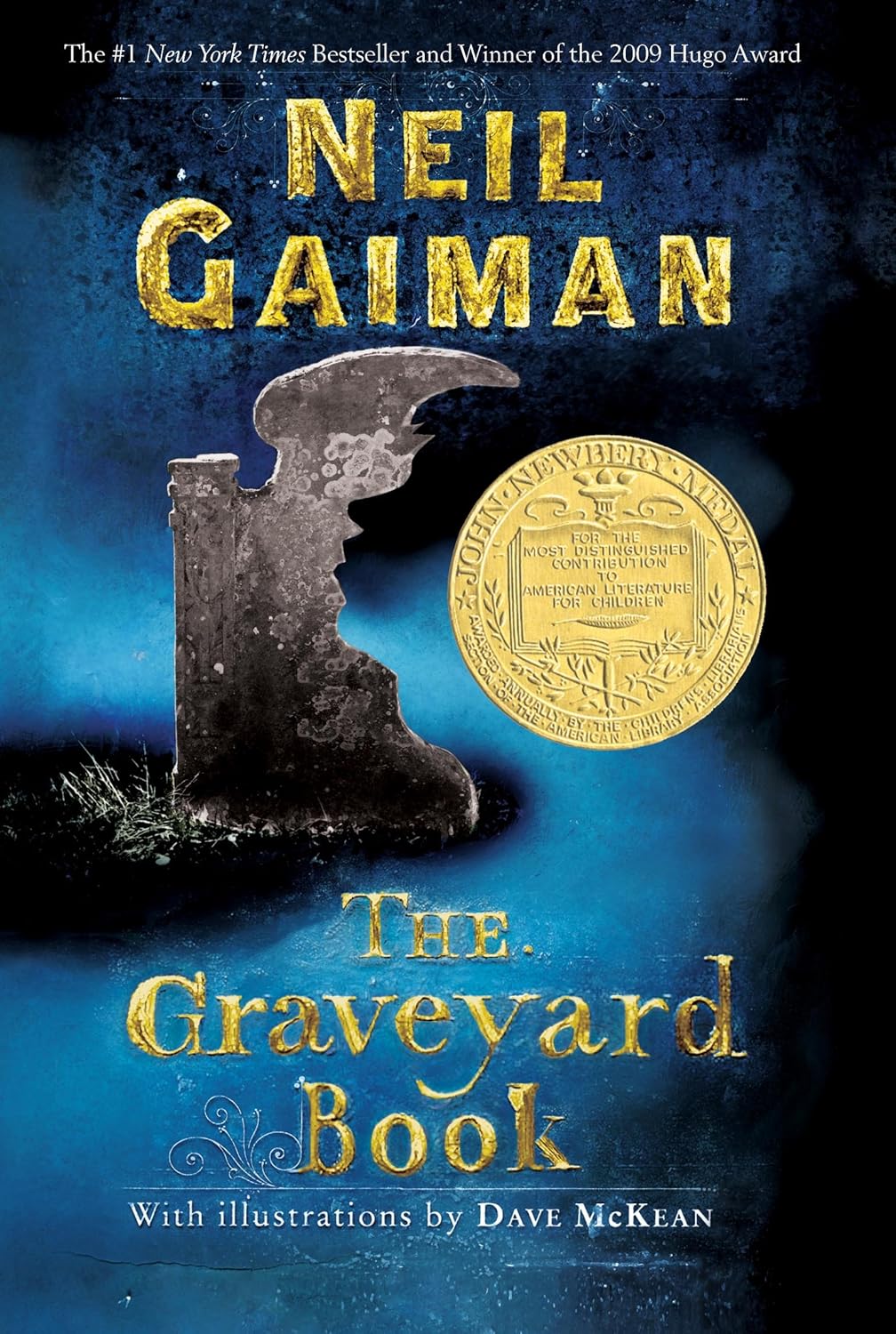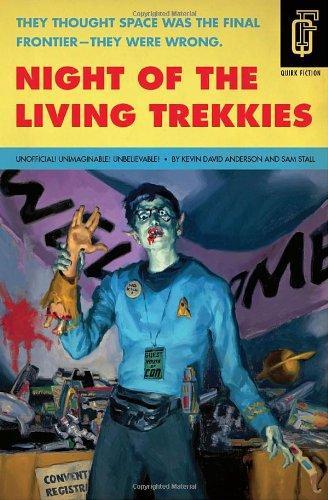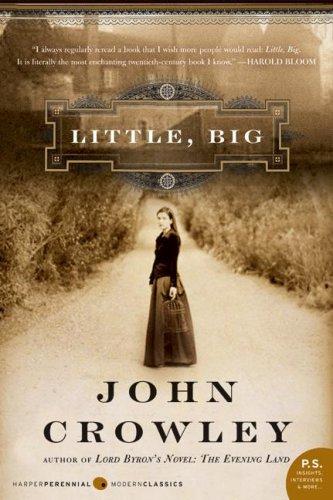Thom reviewed The third eagle by R.A. MacAvoy
Review of 'The third eagle' on 'Goodreads'
4 stars
This book felt episodic, each chapter a new adventure in the life of Wanbli. Towards the end, he starts to reflect on his adventures and realizes he has learned from them, and we start to see the connecting threads. These threads wrap the story into a nice bow in the final pages.
Back to the beginning, though. Our hero, pictured on the uncredited cover, looks very much like Val Kilmer circa late 1980s. In the first few chapters, it feels as though his early movie roles are the inspiration for the character as well – Wanbli is cocky, charismatic and self-assured. Later in the story, women fall under his spell. Also like Willow's Madmartigan, he is a reluctant hero.
The setting of the novel is this: humanity has spread out from the earth at varying rates and in mostly cultural groups. Our hero's group was one that spoke Hindi (first …
This book felt episodic, each chapter a new adventure in the life of Wanbli. Towards the end, he starts to reflect on his adventures and realizes he has learned from them, and we start to see the connecting threads. These threads wrap the story into a nice bow in the final pages.
Back to the beginning, though. Our hero, pictured on the uncredited cover, looks very much like Val Kilmer circa late 1980s. In the first few chapters, it feels as though his early movie roles are the inspiration for the character as well – Wanbli is cocky, charismatic and self-assured. Later in the story, women fall under his spell. Also like Willow's Madmartigan, he is a reluctant hero.
The setting of the novel is this: humanity has spread out from the earth at varying rates and in mostly cultural groups. Our hero's group was one that spoke Hindi (first revealed as 'Indi, which I thought of as a generic future language for most of the tale). There are other intelligent races out there, and between humanity (breeds like rabbits) and them, accessible space is somewhat at a premium.
Accessibility is through some sort of "string", the equivalent of a wormhole or faster-than-light travel lane. This plays a key point in the plot, and in fact the subtitle of the book (from the title page and not the cover) is "Lessons along a minor string".
Wanbli is a warrior who has succeeded in his "third eagle", very advanced training. Each comes with a tattoo of eagle feathers, and this training does factor into the story. Early in the first chapter, he fights two other warriors to defend his employer, sending them packing. This and other fights are well described and interesting – our hero is a flexible guy.
Each episode introduces other characters, and Wanbli makes connections easily. These subcharacters are mostly static, but like the lessons of the subtitle, our hero learns from these encounters more about himself and his universe. The last of these episodes is the one that ties the story back together, and brings about the major final confrontation.
The Third Eagle wasn't nominated for any awards, but it is listed on author and reviewer Ian Sales "Mistressworks" site, an answer to the Science Fiction and Fantasy Masterworks series. From what I have read elsewhere, this was MacAvoy's only published science fiction novel. I am looking forward to trying out a fantasy novel from this author soon.

